
The True Definition of Threshold
Your lactate threshold may not be what you think it is. Coach Trevor Connor explores the true definition of this physiological turn point.

Your lactate threshold may not be what you think it is. Coach Trevor Connor explores the true definition of this physiological turn point.
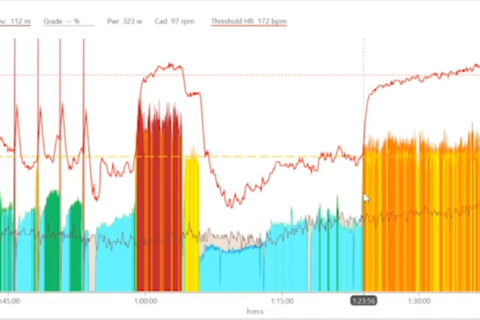
Coaches Trevor Connor and Ryan Kohler analyze data from 20-minute power tests, offering important lessons on the proper execution of these intervals.

Cardiovascular drift is an instability in heart rate and stroke volume over time. We show you how to determine it.
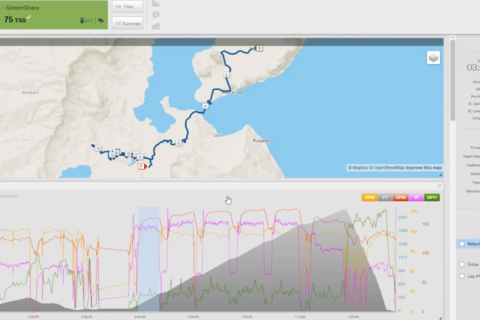
Coach Trevor Connor and Coach Ryan Kohler walk through their process for interpreting 5×5-minute interval workout sessions in TrainingPeaks.

Purists say never do efforts on long base rides, but recent research is challenging whether a few efforts really do any harm. More importantly, can doing some neuromuscular work help?

In this week’s potluck episode, we discuss when and how to best use average power from our rides, whether there’s a ceiling to our VO2max capacity, and how we can replicate success from season to season.
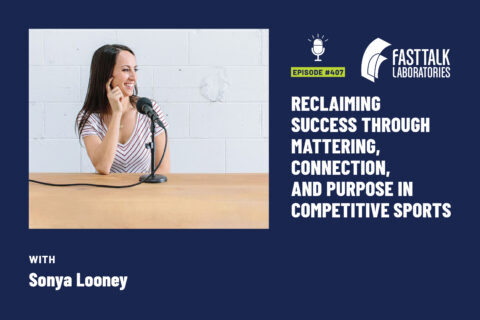
Mattering is the experience of adding value and feeling valued, both to the self and interpersonally. It’s the feeling of being seen, heard, valued, and needed. It’s a psychological need and a human instinct, but is rarely discussed in performance contexts.
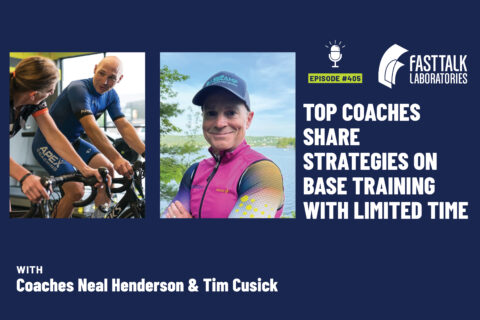
The truth about base training for time-crunched cyclists—what to cut, what to keep, and what actually moves the needle.

Sports nutrition experts Ryan Kohler and Trevor Connor show how to create personalized race-day sports nutrition plans that match the energy needs of your athletes given the demands of their chosen events. This course explores case studies including the Leadville Trail 100 MTB and draws from research by Dr. Iñigo San Millán.

One of the Top Experts in the world on protein joins us to talk about why athletes need protein and whether we’re getting too much or too little.

Across cycling disciplines, American riders male and female had exceptional success. USA Cycling’s Chief of Sports Performance details the highlights, addresses.

Athletes can now perform sweat analysis, check skin temperature, and monitor insulin in the field. But should they? We review the latest in nutrition technologies. We also talk about the potential adverse impacts of carbohydrates and caffeine on our health.

For our 400th episode we invited three of the most prominent names in exercise physiology to discuss where we are and where we’re going in endurance sports science.
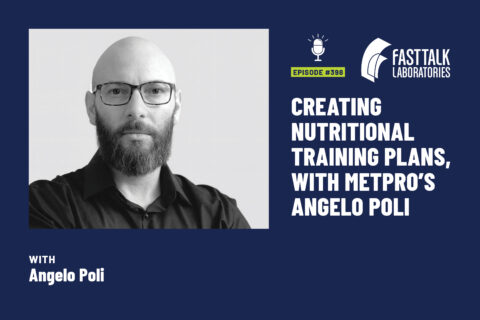
As athletes, we understand the need for training plans, but have you ever considered applying the same principles to your nutrition? This episode discusses how it’s done.

Two new studies challenge common assumptions: intensity may matter more than volume for healthy aging, and triathlete injury patterns aren’t what most coaches would predict. We unpack what this means for training prescription, and why neuromuscular and strength work belong in every plan.
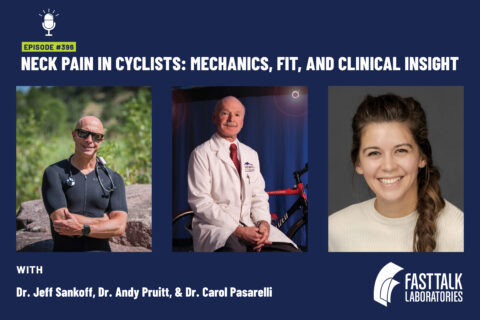
Experts in medicine, biomechanics, and physical therapy join Dr. Griffin McMath and Trevor Connor to decode the causes of neck pain in cyclists and the strategies that keep athletes strong, steady, and pain-free over the long haul.
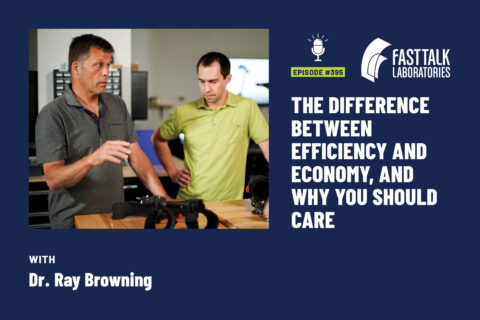
Dr. Ray Browning joins us to answer a question that even some exercise physiologists get wrong: what is the difference between efficiency and economy?

We talk with Dr. Jennifer Harris about the critical role that parents play in junior athlete development, and why that role is too often ignored or left undefined.

We unpack what pain really means in endurance sport and how ultra-athletes use interoception, mindset, and adaptive coping (vs. maladaptive spirals) to finish stronger—less suffering, more control.
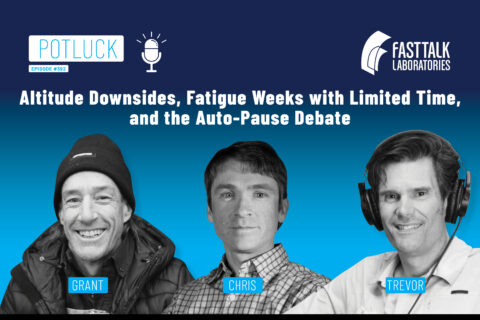
In this week’s potluck episode, we discuss whether there are issues with coming down from altitude, how to do a fatigue week with limited time, and whether or not to use auto-pause.
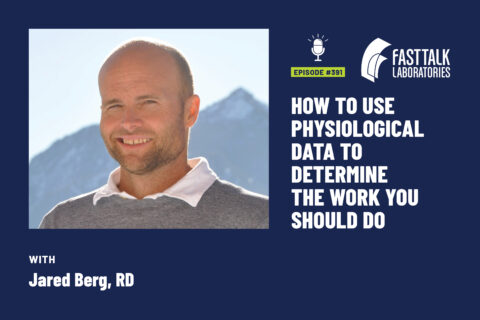
Physiologist Jared Berg talks with us about how he uses both in-lab and on-the-road testing to determine what type of work an athlete should focus on.

No American skier has rewritten the record books like Jessie Diggins. She’s figured out how to take down the Norwegians at their strongest sport—and she shares how she did it.